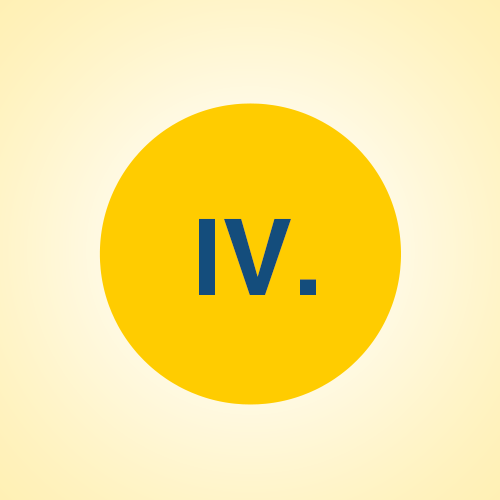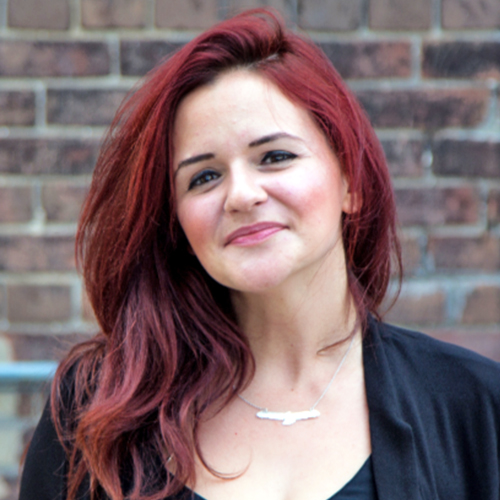 IBCLC Detailed Content Outline: Clinical Skills Focused CERPs - Section VII
IBCLC Detailed Content Outline: Clinical Skills Focused CERPs - Section VII
Access CERPs on Clinical Skills for the IBCLC Detailed Content Outline recertification requirements. Enjoy convenient on-demand viewing of the latest Clinical Skills focused IBCLC CERPs at your own pace.

Peer Counselors In The Hospital; Taking Your Peer Counselor Program To The Next Level

Lisa Huffstetler is the mother of six children with years of personal breastfeeding experience. She has been an International Board Certified Lactation Consultant since 2011. Lisa began working with breastfeeding families as a Peer Counselor in 2008 as part of the Gaston County, North Carolina WIC's implementation of their Peer Counselor Program. She is passionate about helping new moms become successful in reaching their breastfeeding goals. Lisa is currently working as the Gaston County WIC agency's Lactation Consultant. She enjoys teaching breastfeeding classes, conducting staff trainings and working to keep staff updated on breastfeeding policy.
As a new grandmother, one of her new found interests is helping grandparents support their children appropriately in their new role as parents, especially in effective support of breastfeeding.
Hospital visits from a Peer Counselor just after delivery can have a tremendous impact on breastfeeding for mom and baby. Evidence-based research shows that Peer Counselors can share an important role in the success of breastfeeding for families. Peer Counselors making an early connection and reminding families that there is someone here to help them with their breastfeeding journey, now and after mom and baby discharge from the hospital, can be very comforting for those nervous new parents. Often, a short visit from a Peer Counselor to reassure a new mother that she is right on track with breastfeeding is just what mom needs to encourage her for the learning period she is going through. Learn about the success stories of a Peer Counselor Program from the implementation of hospital visitation through years of success in hospital visits and the difference it has made in their Peer Counselor Program participation and breastfeeding numbers.
There are challenges to getting Peer Counselor hospital visits started. It may not be as easy to get your foot in the door as you would think. We will discuss some of the red tape situations you may encounter as you start trying to set up hospital visits. Adding hospital visits to your Peer Counselor activities can have a positive impact on your Peer Counselor Program and increase breastfeeding rates for your area.

View Details / Enroll

View Details / Enroll
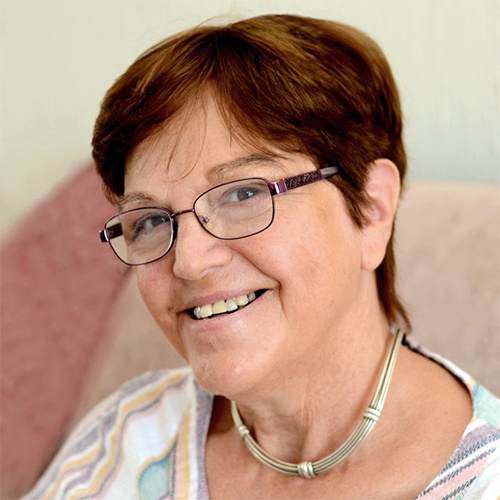
Pharmacokinetics and Clinical Implications of Drugs in Human Milk: The Substance-Exposed Infant

In her employed life Wendy was a community pharmacist and also worked in doctor surgeries supporting cost effective, evidence-based prescribing.
Wendy left paid work to concentrate on writing Breastfeeding and Medication (Routledge 2nd edition 2018), developing information and training material on drugs in breastmilk as well as setting up her own website www.breastfeeding-and-medication. She has also published Breastfeeding for Dads and Grandmas (Praeclarus Press) and Why Mothers Medication Matters (Pinter and Martin). She is also co editor of a book to be published January 2020 called A guide to breastfeeding for medical professionals (Routledge).
Wendy is known for her work on providing a service on the compatibility of drugs in breastmilk and has been a breastfeeding peer supporter for 30 years. She is passionate that breastfeeding should be valued by all and that medication should not be a barrier. She has 3 daughters and 5 grandchildren. All her family seem as passionate about breastfeeding as she is and currently all 3 of her daughters are breastfeeding.
She was awarded a Points of Light award by the Prime Minister in 2018 and nominated for an MBE in the New Year's Honours List 2018 for services to mothers and babies. She received her award at Windsor Castle in May 2019 from Her Majesty the Queen.
Topic: Medication and Breastmilk in the NICU - [View Abstract]
Topic: Pharmacokinetics and Clinical Implications of Drugs in Human Milk: The Substance-Exposed Infant - [View Abstract]
We are aware that an increasing number of babies are exposed to opiates, to methadone, to cannabis and cocaine through maternal breastmilk. In this presentation, I will discuss the pharmacokinetics of the medications and how this impacts the clinical care of the babies both immediately after delivery and later on. We need mothers to be open and honest about any drugs which they have taken in order that we may care for the baby appropriately if it is exhibiting clinical symptoms. This impacts on safeguarding issues but our aim should be to help the mother consider the impact on her baby using evidence-based information and to maintain breastfeeding appropriately. What are the long- and short-term implications of exposure for mother and baby? Is there sufficient research? As always, more questions than answers.
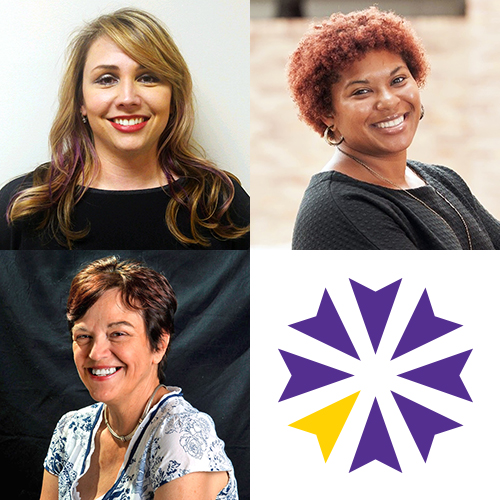
View Details / Enroll
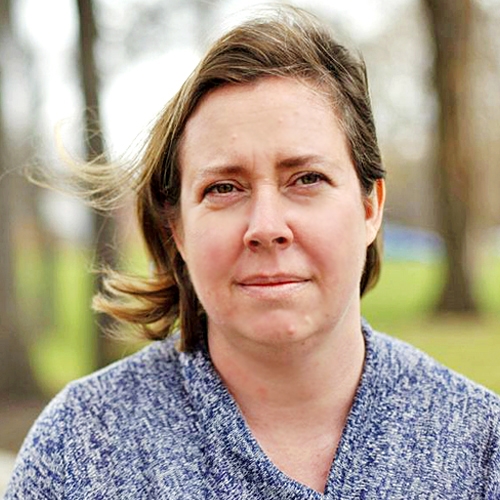
Playing Well with Others: Collaborating in High Conflict/Low Trust Settings

Michelle Pensa Branco MPH IBCLC is a lactation consultant and public health advocate. In addition to her clinical practice, which has included in-hospital, outpatient and private practice settings, she advocates for improved maternal-child health practices at the local, national and global level. She has a particular interest in the impact of trauma to breastfeeding families, models of peer support to improve breastfeeding outcomes and the application of health communication principles to the promotion and protection of breastfeeding. Michelle serves as the Director of Peer Support Programs and provides clinical lactation expertise for Nurture Project International, the only international NGO focused exclusively on infant feeding in emergencies. With Jodine Chase, she co-founded a Canadian non-profit organization, SafelyFed Canada. She is also an active member of the Ontario Public Health Association’s Breastfeeding Promotion Working Group. Michelle has previously served as the Vice-Chair of La Leche League Canada, the Communications Director for the Canadian Lactation Consultants Association as well as the Toronto Coordinator of INFACT Canada. When she is not travelling for work, Michelle stays close to home, living with her family just outside Toronto, Ontario, Canada.
Topic: Keeping the Fox Out of the Chicken Coop: Safeguarding Your Reputation Against Baby Feeding Industry Influence - [View Abstract]
Topic: Playing Well with Others: Collaborating in High Conflict/Low Trust Settings - [View Abstract]
Topic: Watching Our Words: Is Risk-Based Language Always the Right Choice? - [View Abstract]
Collaboration is the foundation of the work of lactation professionals. As allied health providers, the team approach is at the centre of our professional relationships. Differences in professional practice and standards of care are aggravated by health care systems that are fragmented and operate in silos, while the high emotion and urgency of infant feeding concerns interfere with reasoned collaborative decision-making. Where adequate training, workplace policies and management oversight fail, conflicts within the team may escalate to incivility, lateral violence and bullying. IBCLC must be able to name and act when conflict crosses these boundaries.
At a policy level, the problems facing breastfeeding are among the most "wicked" of public health's "wicked problems".
In perpetually resource- limited settings, the challenges of policy-making, good governance and innovative programs require effective collaboration and co-operation within and across organizations.
Limited time and energy is available for the enormous work required to provide excellent care to families and create societies that fully support them to breastfeed their children for as long as they wish to. Moreover, because of the intensity of the "wicked" problems we face and the urgency of resolving them both in individual cases and at the policy level, conflict and erosion of trust often occur. Because we cannot only work with those we would like to work with to accomplish our goals, we must learn "stretch collaboration", explored using Adam Kahane's model of working in absence of friendliness, agreement or trust.

View Details / Enroll
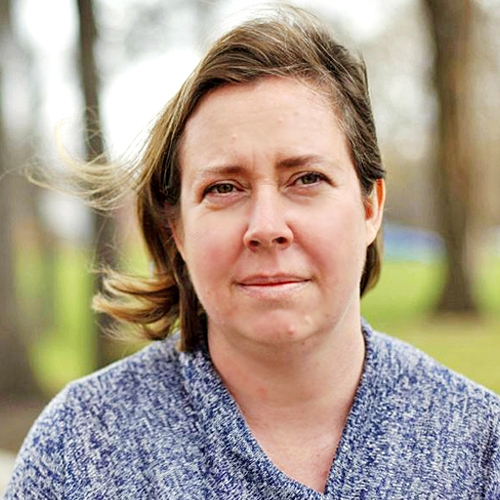
View Details / Enroll
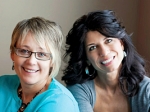
Preventing the Plunge: Why the First 2 Weeks are Crucial for Breastfeeding Duration.

Cindy Leclerc and Jana Stockham are Registered Nurses and IBCLCs with over 20 years experience helping families get started with breastfeeding. In addition to hands on care, Cindy and Jana use technology to support families through their website (cindyandjana.com), online prenatal breastfeeding classes (simplybreastfeeding.ca) and iPhone app, NuuNest. Cindy is a strong believer in mother-to-mother support, helping to facilitate breastfeeding and postpartum depression support groups. She is intrigued by all things online and actively uses social media to promote breastfeeding. Jana has been trained as a Baby Friendly assessor and helped to coordinate the first Baby Friendly designation in Saskatchewan. She has a passion to help families with new babies and facilitates a group for breastfeeding moms.
Topic: Meeting your breastfeeding goals - [View Abstract]
Topic: Preventing the Plunge: Why the First 2 Weeks are Crucial for Breastfeeding Duration. - [View Abstract]
The majority of women begin breastfeeding at birth. Within the first 6 weeks, however, breastfeeding rates fall dramatically. To help women hang in with breastfeeding beyond the first weeks, we must first understand why they struggle. Learn what the research is saying and what you can do in your practice to help women meet their breastfeeding goals. IBCLC’s who specialize in the early weeks of breastfeeding will share case examples based on over 20 years of working with breastfeeding families.

View Details / Enroll
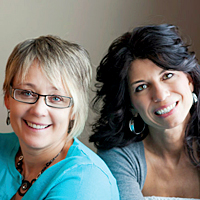
View Details / Enroll
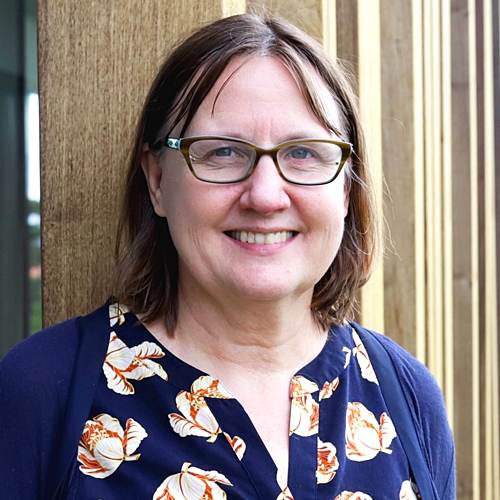
Promoting Self-Management of Breast and Nipple Pain for Women During Breastfeeding

Ruth Lucas, PhD, RNC, CLS, received her Bachelor of Science in Nursing from George Mason University (1986) and her Doctor of Philosophy of Science (2011) from the University of Illinois at Chicago. Based on 20 years of supporting women and infants to initiate breastfeeding, her research focuses on the biobehavioral mechanisms of breastfeeding, such as breast and nipple pain. Dr. Lucas and her team conducted a pilot randomized control trial (RCT) as part of the Center for Accelerating Precision Pain Self- Management (CAPPS-M) (P20NR016605). The pilot RCT tested the feasibility, acceptability, and efficacy of a breastfeeding self-management (BSM) intervention for breast and nipple pain during breastfeeding and found the BSM intervention significantly reduced breast and nipple pain and is associated with pain sensitivity polymorphisms. Her published work describes management of pain during breastfeeding, a clinical indictor of infant breastfeeding behaviors, and a biomedical device to measure breastfeeding in real time.
Topic: Promoting Self-Management of Breast and Nipple Pain for Women During Breastfeeding - [View Abstract]
Despite 90% of women experiencing breast and nipple pain during breastfeeding, mothers rarely receive adequate knowledge and skills for breastfeeding pain self-management and cease breastfeeding. Our randomized control trial (RCT) pilot study tested the feasibility, acceptability, and efficacy of a breastfeeding self-management intervention (BSM) on breast and nipple pain and breastfeeding outcomes. Sixty women were recruited after delivery and completed survey measures of pain and breastfeeding outcomes, pain sensitivity testing and a biological sample to assess genetic risk for pain at baseline. Both groups completed pain and breastfeeding outcomes surveys via texting links using REDCap 7.4. Women in the intervention group received biweekly nurse-lead texting and cloud-based educational modules addressing breast and nipple pain and breastfeeding challenges. The BSM intervention was acceptable and sustainable for 94% of the women who continued to breastfed to 6 weeks. Acute breast and nipple pain at 1 and 2 weeks were significantly reduced and was associated with pain sensitivity polymorphisms, suggesting a genetic risk profile of pain-associated breastfeeding cessation.
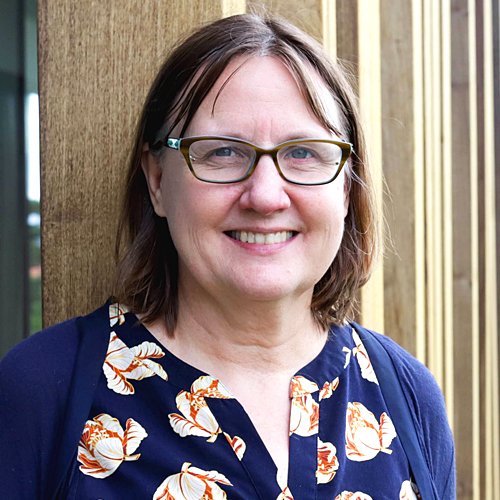
View Details / Enroll
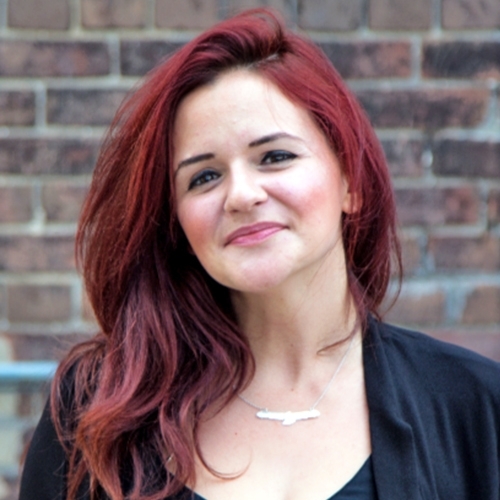
Protecting The Sacred: Honouring Birth Parents Through Planning for the Postpartum Journey

Emily Blackmoon (French/British/Algonquin) (She/Her) is a Registered Social Worker and holistic psychotherapist. She has worked for over 10 years as a therapist and case manager specifically within the urban Indigenous community of Toronto, supporting parents, families, children and youth. In 2014 she completed a 4 year training in Gestalt therapy and is now a supervisor. In her therapy practices, Emily combines Anti-Racist. Anti-Oppressive, and Feminist principals of social work with Gestalt therapy and Indigenous worldviews. Emily works with new parents to support them in developing wholistic, empowered and gentle approaches to the pregnancy/parenting journey.
Participants will be invited to holistically consider the postpartum needs of birth parents. Through an invitation to walk through the various aspects of their human journey - from the spiritual and cultural, to the emotional, the cognitive and the physical- participants will be invited to think critically and holistically about the human needs of those on their journey towards giving birth and after giving birth. Emily will use these directions to invite participants to support professionals in asking their patients and clients: what they want out of their pregnancy/postpartum journey? Who and what is within their constellation of support, and how? How do we support our parents in accessing their own agency to ask for support in the event that they experience the symptoms of postpartum mood and anxiety disorders?
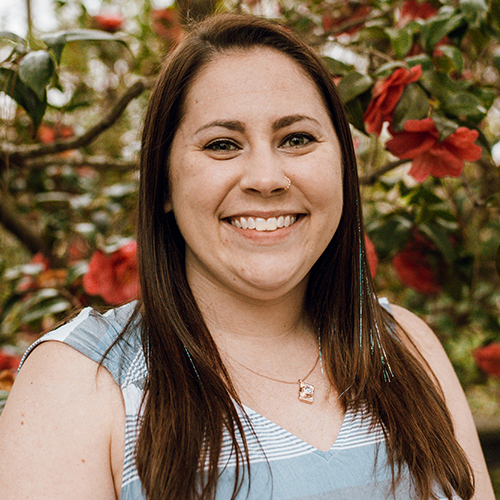
Provider Perceptions of IBCLCs in Primary Care Settings: A Pilot Study

Hope became an IBCLC in 2017, completed her PhD in nutritional biochemistry in 2018, and became a Registered Dietitian Nutritionist (RDN) in 2020. In 2022, she completed the FARE Certificate of Training in Pediatric Food Allergy in order to provide comprehensive care to breastfeeding and formula feeding families struggling with food allergies. In addition to owning and operating Hope Feeds Babies in Rock Hill, SC, Hope is employed full time at Winthrop University as an Assistant Professor and the Graduate Program Director in the Department of Human Nutrition. At Winthrop, Hope runs a research lab that focuses on helping mothers to reach their infant feeding goals, improving access to human milk, and analyzing the nutritional content of human milk.
In 2020, only 25.6% of dyads in the US were exclusively breastfeeding at six months. One contributing factor to low exclusivity rates is the absence of a specialized physician who provides dyad care. Consequently, pediatricians and obstetricians provide lactation education and support in the primary care setting. Little is published about perceptions of and roles related to lactation practices in primary care settings, and no survey instrument exists to investigate these topics. A 58-question survey was developed, validated, and subsequently distributed to primary care providers (PCPs) in the field of maternal and child health to help define current perceptions and practices related to lactation care and referrals. In this pilot study, responses were received from 40 PCPs in the Southeastern United States and included in the analysis. Results highlight areas of strengths and areas for improvement in current practices of PCPs with regards to lactation services. These data can be utilized as a framework for developing interventions and/or programs that will improve lactation care in primary care settings.
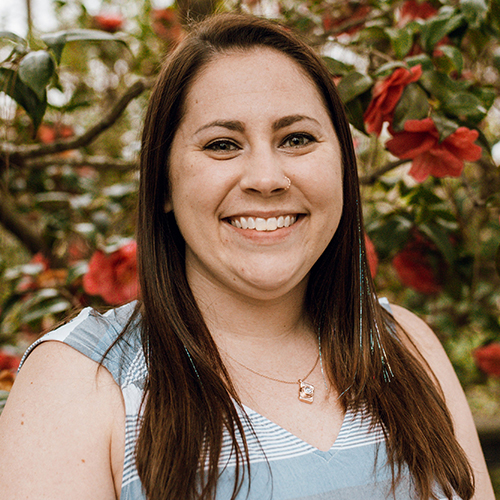
View Details / Enroll
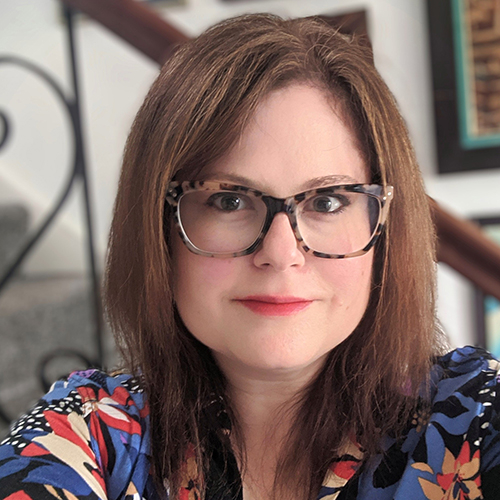
Providing Culturally Sensitive Support for Breastfeeding Muslim Families

Tamara Drenttel Brand holds an MA in Near Eastern Studies from the University of Arizona and a Master’s in Public Health (MPH) from the American University of Beirut. She spent 10 years in the Middle East, where she worked as a public health practitioner, infant and maternal health consultant and an IBCLC. She has supported breastfeeding dyads from all over the world both in private practice and as a volunteer. In 2011, she founded and still actively facilitates “Mama 2 Mama Beirut Breastfeeding Support,” the largest breastfeeding peer support network in the Middle East (currently at 25k+ members). Additionally, she founded Galactablog, a professional group for lactation specialists and those aspiring-to-be (currently at 4.7k+ members) and has authored several articles for La Leche League’s monthly leader publications in both the Middle East and Ireland.
She is currently an international speaker on the topics dealing with breastfeeding in the Middle East, innovative lactation teaching strategies, working in resource-scarce settings, providing culturally sensitive lactation support, developing and implementing peer counselor training programs, mast cell disease and other related topics. Due to her own chronic health conditions, she has a special interest in educating others about mast cell disease and supporting those with chronic illnesses. She currently resides in a seaside village in Ireland with her family.
Topic: Contextualizing Breastfeeding in Lebanon - [View Abstract]
Topic: Lactation Education Outside the Box: Innovative Teaching Strategies to Engage Your Audience - [View Abstract]
Topic: Mast Cell Diseases and Lactation Care in the Post-Covid Era - [View Abstract]
Topic: Providing Culturally Sensitive Support for Breastfeeding Muslim Families - [View Abstract]
Topic: Reflections on a Breastfeeding Peer Counselor Program in Lebanon: Lessons Learned and Looking Forward - [View Abstract]
Lactation professionals can provide invaluable assistance to Muslim families seeking to successfully breastfeed. However, cultural differences and a lack of understanding of Islamic culture could create barriers between professionals and the families they are trying to support. It is crucial that professionals and health care providers are aware of and acknowledge the unique role that culture and religion can play in this dynamic, both to prevent obstacles to breastfeeding and to encourage breastfeeding through culturally specific methods and arguments.
This presentation will show how to adapt your approach, language and content to ensure effective and sensitive care that will be more readily accepted by the mother and her family. It explores what the Qur’an says about breastfeeding and delves into traditional and cultural Islamic attitudes and practices surrounding breastfeeding. Moreover, it will explore the father’s role in Muslim culture and offer religious justification to encourage him to support breastfeeding, as well as issues of wet-nursing, milk sharing and adoption (as it relates to breastfeeding) within the Islamic context. As a participant, you will be encouraged to challenge your own assumptions about Islamic traditional and cultural practices and to use new knowledge gained to empower others to reflect on the benefits of being a culturally sensitive and responsive lactation professional and health care provider.

View Details / Enroll
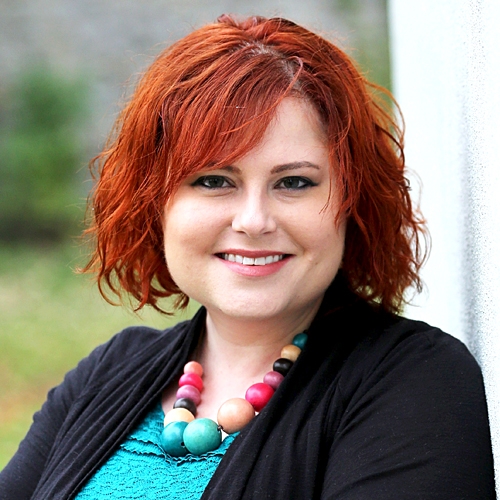
View Details / Enroll
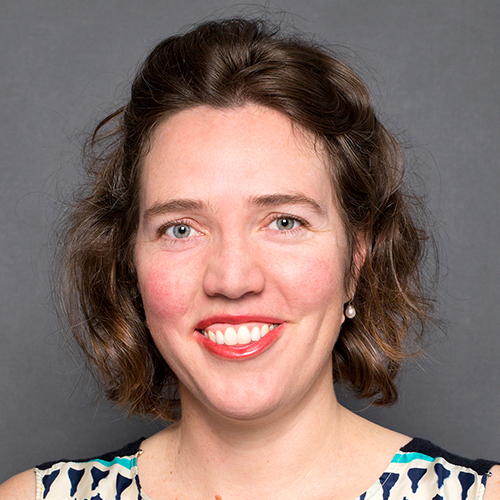
Providing Enhanced Lactation Care for Families Following Late Miscarriage, Stillbirth, Neonatal and Infant Death

Katherine is a Senior Lecturer at School of Sociology, Australian National University. Katherine’s particular areas of interest include the sociology of reproduction and motherhood, perinatal medicine, lactation sciences, human milk banking and donation. Her current projects include an Australian Research Council funded study on maternal experiences of lactation after infant death, and a Mayo Clinic funded research project on the communication with families regarding periviable infant resuscitation.
Every day, around the world, many mothers are faced with the complex task of managing the initial onset, or continuation, of their lactation following a late miscarriage, stillbirth, neonatal or infant loss. This presentation explores findings from a multi-year, multi-site Australian study conducted with bereaved families and health professionals that confirmed the limited nature and scope of lactation care currently available to bereaved families.
This presentation will provide evidence of the need and benefit of approaching lactation after infant death using a biopsychosocial care framework, so that bereaved families are able to make informed decisions from the full array of lactation management options that may be available including: suppression, sustained expression, breastmilk donation or using milk as memento. The challenges involved in providing bereaved lactation care will be acknowledged and discussed. Health professionals will be advised on what information and support bereaved families need and want, how and when this information may be best provided and who may be best placed to offer lactation care to bereaved families.
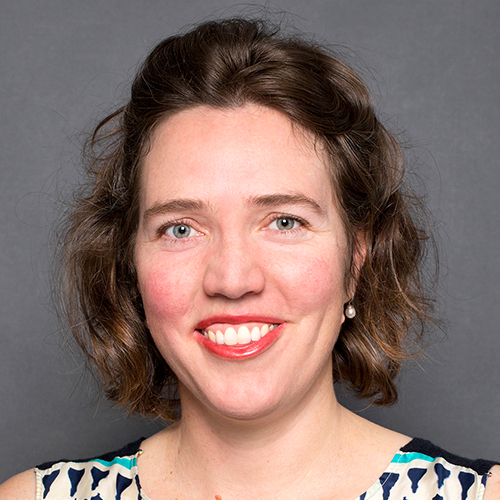
View Details / Enroll


Briana Tillman received her undergraduate degree in International Relations from the United States Military Academy at West Point. She has been a La Leche League Leader for 9 years and is a board certified lactation consultant. After spending 10 years as a stay-at-home mom, she is currently in her third year of medical school at Rocky Vista University College of Osteopathic Medicine in Parker, Colorado. She loves spending time with her husband and three kids—as a family they like to travel, go camping, and play string instruments in “family ensemble.”
Nick is a 3rd year medical student at Rocky Vista University College of Osteopathic Medicine. He has a background in mechanical and systems engineering but found his calling in medicine after volunteering for Health4Haiti in 2011. He lives in Colorado with his wife and they enjoy hiking, camping and fishing in the great outdoors.
Topic: What a Letdown: Exploring the Physiology of the Milk Ejection Reflex - [View Abstract]
Due to the global shortage of mental health professionals, many primary care providers have become the first-line responders to a wide variety of psychiatric concerns. While lactation consultants and breastfeeding support counselors are not called upon to diagnose and treat mental health disorders, they nonetheless often become enmeshed in the topic due to the holistic nature of breastfeeding management. An understanding of the major psychiatric topics that can arise during lactation consultation is therefore a valuable asset.
In this presentation, we will describe mental health benefits and drawbacks of breastfeeding, and explore the controversy surrounding the “breast is best” campaign as it regards maternal mental health. We will also briefly explore the pharmacological and non-pharmacological options in treatment of major psychiatric disorders (e.g. generalized anxiety, major depressive disorder, bipolar mood disorder, schizophrenia) as they relate to lactation. Finally, we will review the scientific literature related to potential long-term mental health effects of breastfeeding on babies.

View Details / Enroll




